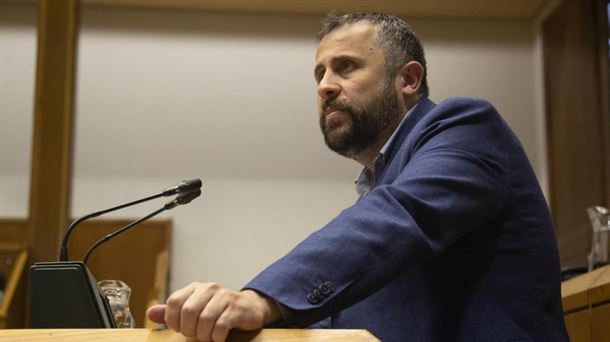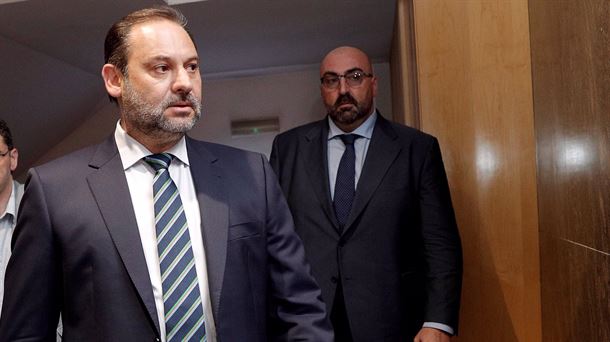It is a shock for thousands of Ukrainians who have found protection against the war in Austria: about 26,000 displaced persons have no longer claimed legal health insurance policy since 4 March. The regulation that is obliged to be insured has expired – and is not extensive.
The Austrian Health Insurance Fund (ÖGK) warns: “This loses the right to benefits of legal health insurance (medical services, hospital, remedies, etc.).”
Panic under the affected: what now?
The ÖGK tries to help with advice, but the uncertainty is enormous. The website says: “So that this does not happen, there is a tolerance period of six weeks and different ways to be insured.” But fear is deep. Since the beginning of the Russian war war against Ukraine, the displaced people have been protected by a regulation of the federal government. But now it says briefly: “This regulation is expired and will not be expanded.”
Who is being hit?
A total of around 26,000 people are affected – including children who can be insured. Above all, it is about those Ukrainians who are not related to any basic security. The Ögk assumes that they have enough money to insure themselves. But the reality often looks different.
An example: the “Kroon” is known in the case of a Ukrainian who lost her 25-year-old son at the front. Although she gets a little support from Ukraine, it is far from rich. For you and many others, self -insurance is an obstacle that is difficult to manage.
The ÖGK gives tips – but the costs are high!
What can the affected do? The ÖGK advises: “This depends on the respective life situation of the people involved. In short, in certain cases, just like at employment, there is automatic (Power Law, without an application) compulsory insurance for the person concerned. If this does not apply, an application for self -insurance (different forms) can be made.
But this is exactly where the problem lies: self -insurance is expensive! “The monthly maximum contribution for voluntary health insurance is: 526.79 euros (from 2025),” said the ÖGK. There is the possibility to reduce the contribution, but the economic conditions must be proven – for example through income tax reports or savings account. For many displaced persons this is a bureaucracy that is difficult to manage.
Fear of being in an emergency without medical care.
Are there alternatives? Yes, but they are limited. Students and marginal employees have other self -confidence options. But for most, only the expensive variant or the fear continues to rise without medical care in an emergency.
The situation is dramatic: thousands of people who fled before the war are now confronted with a new existential crisis. The clock taps and panic grows.
Source: Krone
I am Ida Scott, a journalist and content author with a passion for uncovering the truth. I have been writing professionally for Today Times Live since 2020 and specialize in political news. My career began when I was just 17; I had already developed a knack for research and an eye for detail which made me stand out from my peers.



